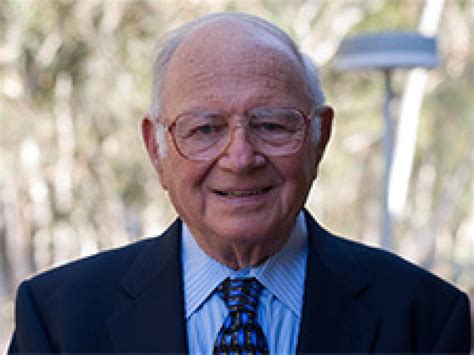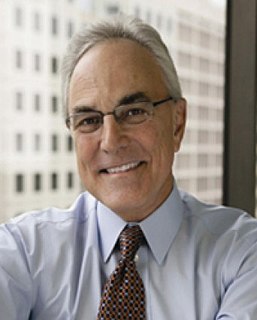A Quote by Marcus Buckingham
The talented employee may join a company because of its charismatic leaders, its generous benefits, and its world-class training programs, but how long that employee stays and how productive he is while he is there is determined by his relationship with his immediate supervisor.
Related Quotes
Even your most talented employees have room for growth in some area, and you're doing your employee a disservice if the sum of your review is: 'You're great!' No matter how talented the employee, think of ways he could grow towards the position he might want to hold two, five, or 10 years down the line.
Profits are related to customer retention. Customer retention is related to employee retention. Employee retention may or may not be related to benefits, but benefits could be part of the package that causes people to stay and -- by the way -- engage in discretionary effort. .. If you go into any organization that's customer-facing, you can tell in five minutes when the employees are feeling abused. They retaliate on the customers.
Some good employers provide people benefits. Many do not. The ones that do not tend to be the low end of the pay scale. This program will give those employers a way to support their employees. The employees will get this benefit, making it more likely that their employee will come back to them - that's a benefit for the employer over the long term and a benefit for the employee and all the while supporting families in their time of need.
While our managers debated what steps to take to address the sales and cash-flow crisis, I began to lead week-long employee seminars in what we called Philosophies. We'd take a busload at a time to places like Yosemite or the Marin Headlands above San Francisco, camp out, and gather under the trees to talk. The goal was to teach every employee in the company our business and environmental ethics and values.
What you should be in a rush for isn't necessarily the immediate monetary return, but it's to know that this equation existing between an employee and a company is being honored. What's the equation? I'm going to give you my most precious thing that I have - my time and my reputation. That's what the employee says. And the company says I'm going to take your time and your reputation and direct it at things that we believe collectively have a huge impact opportunity to do something extremely positive. And that positivity will get measured in impact and also economic upside.
As with all catalysts, the manager's function is to speed up the reaction between two substances, thus creating the desired end product. Specifically, the manager creates performance in each employee by speeding up the reaction between the employee's talent and the company's goals, and between the employee's talent and the customer's needs.


































